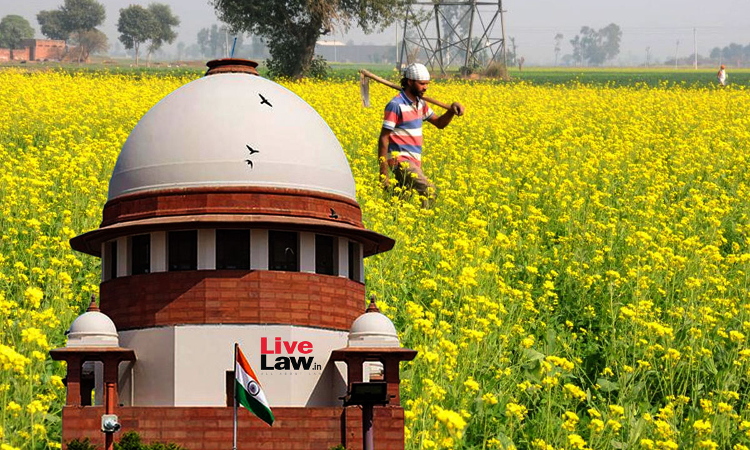'Question Of What's Good For Country' : Supreme Court Reserves Verdict On Plea Against Release Of GM Mustard
Debby Jain
18 Jan 2024 5:58 PM IST

Next Story
18 Jan 2024 5:58 PM IST
The Supreme Court today (January 18) reserved its verdict in the batch of Public Interest Litigations (PILs) challenging Union government's decision to commercially cultivate/release Genetically-Modified (GM) Mustard, christened 'HT Mustard DMH-11', into the environment.The Bench, comprising Justices BV Nagarathna and Sanjay Karol, had begun hearing the matter on January 9, following...
